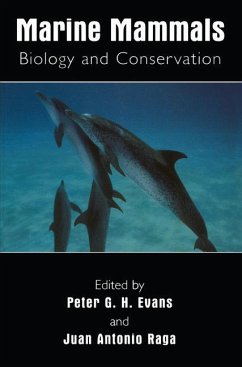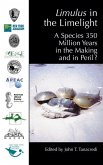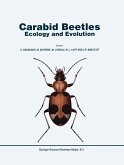Interest in marine mammals has increased dramatically in the last few decades, as evidenced by the number of books, scientific papers, and conferences devoted to these animals. Nowadays, a conference on marine mammals can attract between one and two thousand scientists from around the world. This upsurge of interest has resulted in a body of knowledge which, in many cases, has identified major conservation problems facing particular species. At the same time, this knowledge and the associated activities of environmental organisations have served to introduce marine mammals to a receptive public, to the extent that they are now perceived by many as the living icons of biodiversity conservation. Much of the impetus for the current interest in marine mammal conservation comes from "Save the Whale" campaigns started in the 1960s by environmental groups around the world, in response to declining whale populations after over-exploitation by humans. This public pressure led to an international moratorium on whaling recommended in 1972 by the United Nations Conference on the Human Environment in Stockholm, Sweden, and eventually adopted by the International Whaling Commission ten years later. This moratorium largely holds sway to this day, and further protective measures have included the delimitation of extensive areas of the Indian Ocean (1979) and Southern Ocean (1994) as whale sanctuaries.
Hinweis: Dieser Artikel kann nur an eine deutsche Lieferadresse ausgeliefert werden.
Hinweis: Dieser Artikel kann nur an eine deutsche Lieferadresse ausgeliefert werden.
From the reviews:
'This book is simply an outstanding read regarding the evolution, ecology, behaviour, health, and conservation of marine mammalsI highly recommend this book to graduate students.'
Douglas P. DeMaster, National Marine Fisheries Service, Seattle, WA
`If you are interested in marine mammals this book will certainly be a very useful addition to your library.'
Helene Marsh, James Cook University, Queensland, Australia
'The book is generally of a high editorial standard. I intend to recommend the book as background reading for my course and to use some chapters as the basis for restructuring some of my lectures. For example, I was particularly impressed by Martin Hall and Greg Donovan's chapter entitled "Environmentalists, fisherman, cetaceans and fish: [ If you are interested in marine mammals this book will certainly be a very useful addition to your library.'
Journal of Experimental Marine Biology and Ecology, August (2002)
"This text is aimed primarily at advanced undergraduate and graduate students studying marine mammal science. The focus is on evolution, ecology, behavior, and marine mammal health and conservation, with an emphasis on the applied aspects of research. This makes the book valuable for those working on the conversation problems facing marine mammals. ... this book is an excellent resource for marine mammal specialists." (Northeastern Naturalist, Vol. 12 (4), 2005)
'This book is simply an outstanding read regarding the evolution, ecology, behaviour, health, and conservation of marine mammalsI highly recommend this book to graduate students.'
Douglas P. DeMaster, National Marine Fisheries Service, Seattle, WA
`If you are interested in marine mammals this book will certainly be a very useful addition to your library.'
Helene Marsh, James Cook University, Queensland, Australia
'The book is generally of a high editorial standard. I intend to recommend the book as background reading for my course and to use some chapters as the basis for restructuring some of my lectures. For example, I was particularly impressed by Martin Hall and Greg Donovan's chapter entitled "Environmentalists, fisherman, cetaceans and fish: [ If you are interested in marine mammals this book will certainly be a very useful addition to your library.'
Journal of Experimental Marine Biology and Ecology, August (2002)
"This text is aimed primarily at advanced undergraduate and graduate students studying marine mammal science. The focus is on evolution, ecology, behavior, and marine mammal health and conservation, with an emphasis on the applied aspects of research. This makes the book valuable for those working on the conversation problems facing marine mammals. ... this book is an excellent resource for marine mammal specialists." (Northeastern Naturalist, Vol. 12 (4), 2005)








